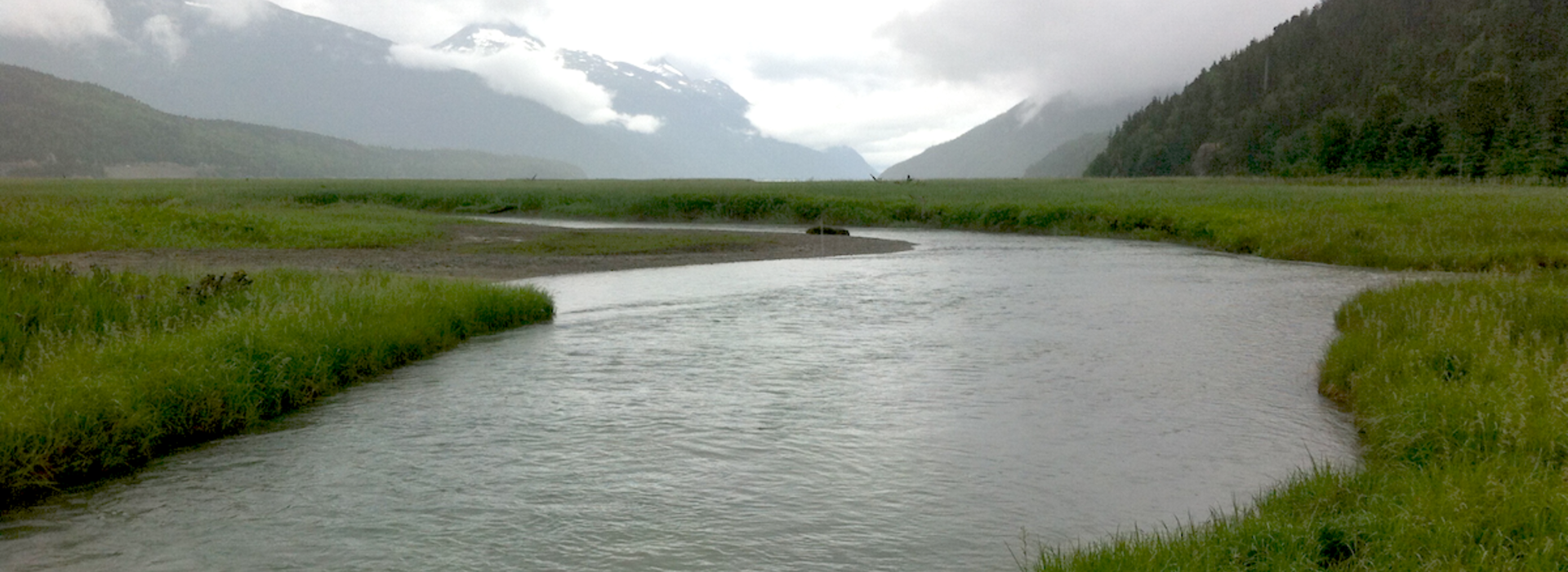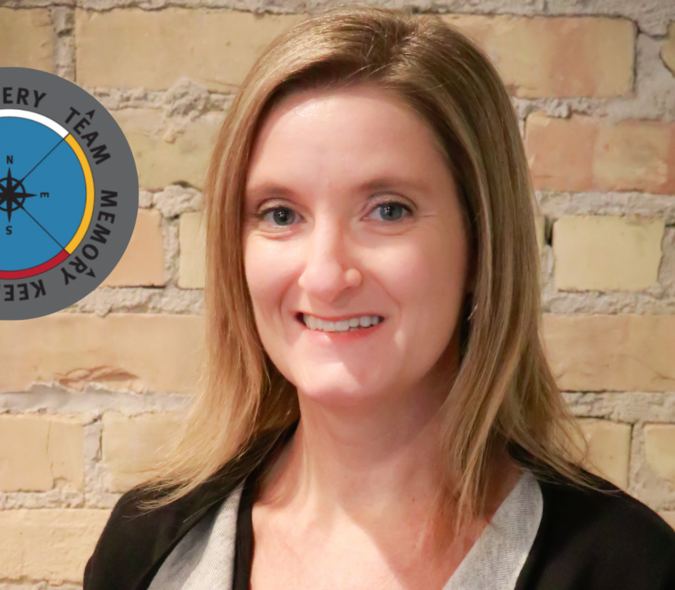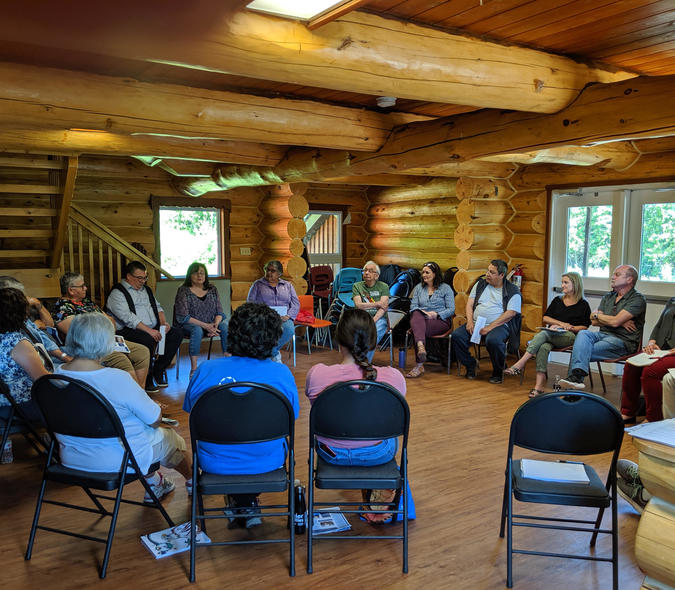
Dr. Jordan Lewis Awarded $1 Million from the National Science Foundation to Study Alaska Native Successful Aging
Memory Keepers-Medical Discovery Team (MK-MDT) Professor and Faculty Investigator, Jordan Lewis, PhD, MSW, has been awarded over $1.04 million for three years in National Science Foundation (NSF) funding through the Office of Polar Programs, Arctic Social Sciences for his grant entitled,“Investigating Alaska Native Successful Aging through Elder-Centered, Community-Based Participatory Research.”
Dr. Lewis came to the MK-MDT from Alaska with a research portfolio focused on Alaska Native successful aging, generativity and healthy aging, dementia caregiving and integrating Indigenous culture into long-term care settings.
The three-year grant focuses on the urgent need to improve the quality of life among Alaska Native Elders across Alaska, learn how to “age in good way,” or “aging like your Elders” from the experiences and lessons of Alaska Native Elders, and build upon Dr. Lewis’s NSF-funded studies conducted in the Northwest Arctic (Boyd, 2018; Brooks-Cleator, 2018; Lewis, 2018; Kim, 2018, 2020; Wortman, 2019), the Aleutian-Pribilof Islands (Wortman, 2019; Wortman & Lewis, 2020, in review), the Bristol Bay region (Lewis, 2011, 2014, 2017), and their urban-based sample in Anchorage, Alaska (Kim & Lewis, 2020, under review).
Their study will apply the adapted Explanatory Model survey instrument to focus on the health and wellbeing of Alaska Native Elders (Athabaskan, Haida, Eyak, Tsimshian, Tlingit, Yup’ik Eskimo) and gain a sense of their beliefs about aging and what is required to “age in a good way.” Qualitative, in-depth interviews will be conducted with Alaska Native Elders and in two culturally distinct Alaska regions (Interior, Southeast) to further explore the concept of successful aging. Using directed content analysis, the research team will analyze the data to contribute to and validate the established Alaska Native model of successful aging, and to establish an Alaska Native theory of successful aging.
The research team will host gatherings in participating communities to present preliminary findings to receive feedback and schedule final community presentations; this ensures the findings reflect the unique perspectives of the Elders, families, communities, and regions and we can learn how to best share the findings. Their long-term goal is to develop a comprehensive theory of Alaska Native successful aging, develop and test tools to educate communities, programs, and policies on successful aging, as well as establish a measure of Alaska Native successful aging to be tested in a future grant.


